Here are some things you might find useful to know about printer ink:
Printer ink can be expensive: Printer ink is often one of the most expensive liquids you can buy, sometimes costing more than fine champagne.
Different printers use different types of ink: There is no universal standard for printer ink, and different manufacturers use different types of ink for their printers. This means that you need to make sure you buy the right type of ink for your specific printer model.
Ink cartridges have an expiry date: Ink cartridges can dry out or clog if they are left unused for too long. Always check the expiry date on the packaging before buying ink.
Refilling ink cartridges can be risky: While refilling ink cartridges can be cheaper than buying new ones, it can also be risky. Poorly refilled cartridges can leak or damage your printer, and using non-genuine ink can void your warranty.
Print quality can vary with different types of ink: Different types of ink can produce different print results, so it's worth experimenting to see which ink works best for your needs.
It's important to store ink properly: To prevent ink from drying out or becoming damaged, it's important to store it in a cool, dry place away from direct sunlight.
Some printers have a “low-ink” warning message: Many printers will display a message when the ink level is running low. However, these messages can sometimes be inaccurate and may appear when there is still plenty of ink left in the cartridge.
Overall, printer ink can be a complex topic, but understanding these basic facts can help you make informed decisions about buying, using and storing ink for your printer.

Does printer ink expire
Yes, printer ink can expire. Ink cartridges have a shelf life and a recommended expiry date printed on the packaging. The expiration date is generally around 2-3 years from the manufacture date, although it can vary depending on the brand and type of ink. After the expiration date, the ink in the cartridge can begin to dry out or thicken, and its performance may deteriorate. It's important to check the expiration date before purchasing ink and to use ink cartridges before they expire for optimal performance. If you have an expired ink cartridge, it's still possible to use it, but you may experience print quality issues or find that the ink doesn't flow as well.
How long does printer ink last
The lifespan of printer ink depends on many factors, such as the type and brand of ink, the storage conditions, and how frequently the printer is used. Under ideal storage conditions (i.e., in a cool, dry place away from direct sunlight), ink cartridges can last up to two years or more before they begin to dry out or thicken. However, if the ink cartridge has been opened and installed in a printer, its lifespan can be affected by how often the printer is used, the type of paper used, and the printing settings selected.
In general, ink cartridges that are used frequently and regularly tend to last longer than those that sit idle for extended periods. If an ink cartridge hasn't been used in a while, it may need to go through a "priming" process to get the ink flowing again. It's also important to note that some printer brands use ink more quickly than others, so the lifespan of the ink cartridge can vary depending on the printer.

Can printer ink dry up
Yes, printer ink can dry up if it is not used for a long time or if the printer is not properly maintained. When printer ink dries up, it can clog the printer nozzle and cause print quality issues. To prevent ink from drying up, it is important to use the printer regularly and store it in a cool, dry place away from direct sunlight. Additionally, some printers have a cleaning function that can be used to prevent clogging and ensure that ink flows smoothly.


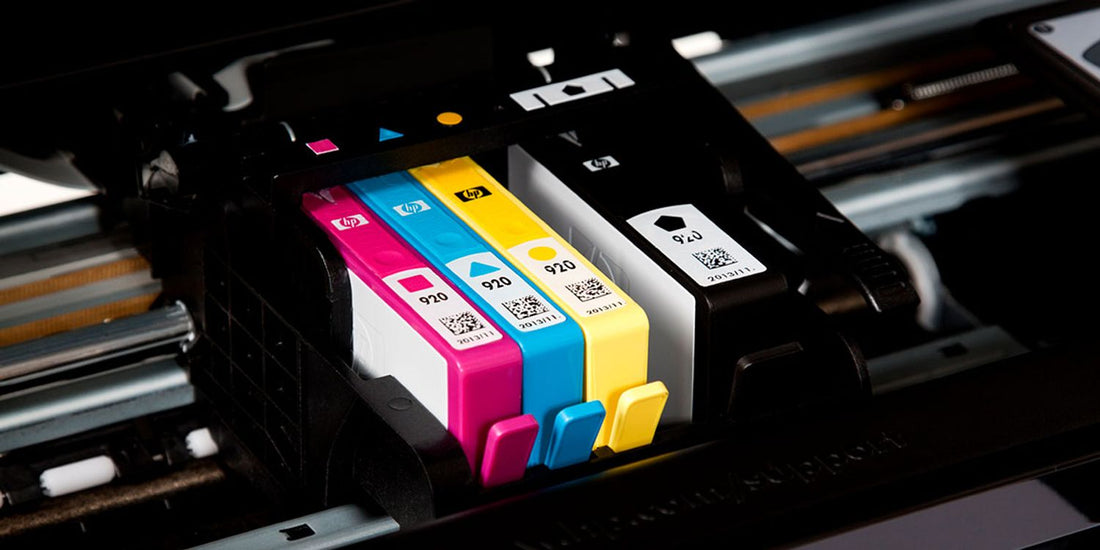
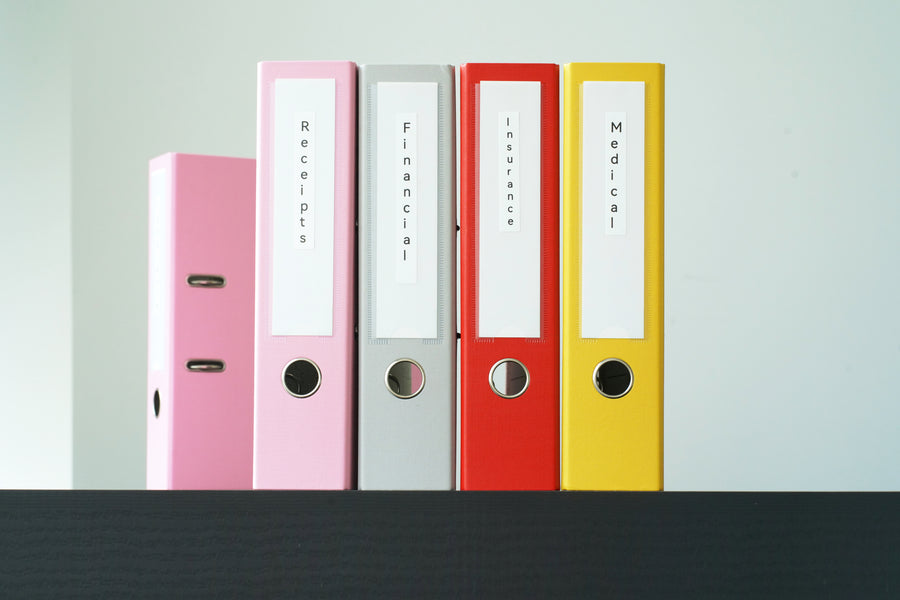
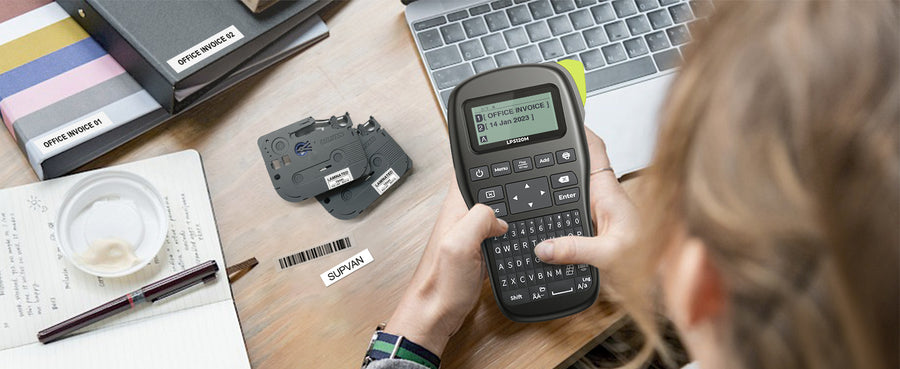
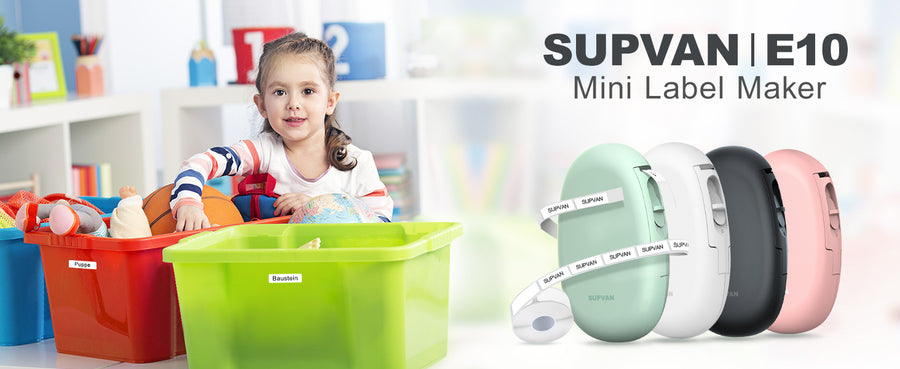
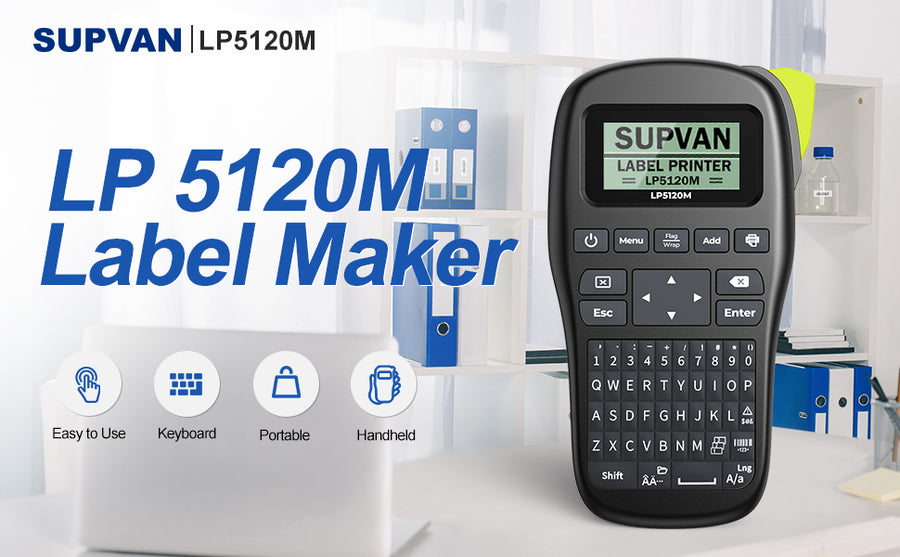
Leave a comment